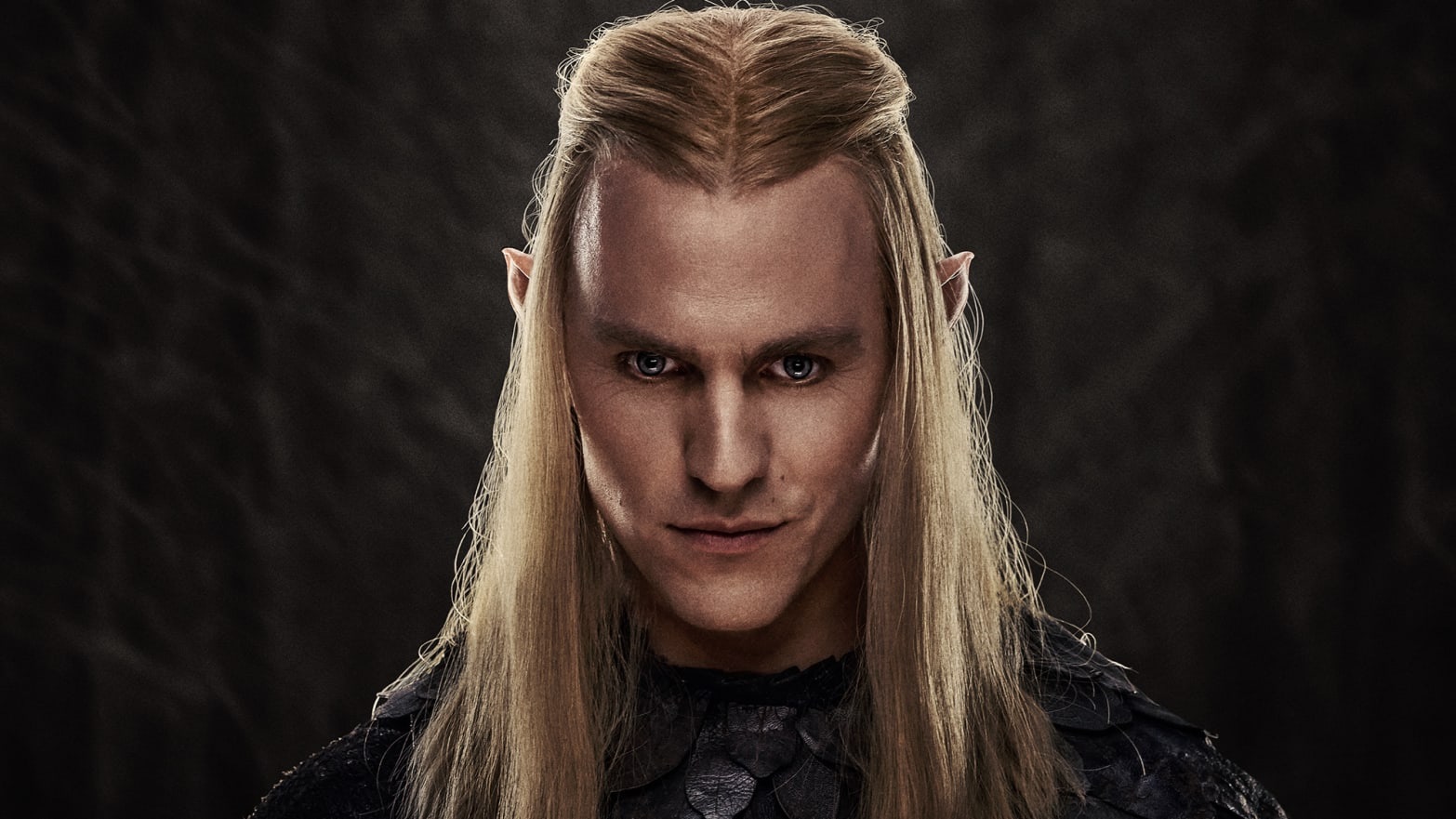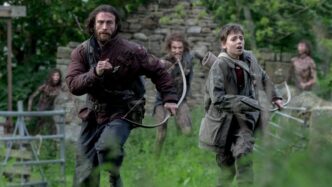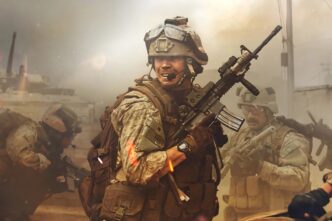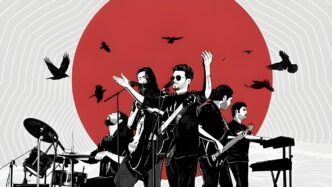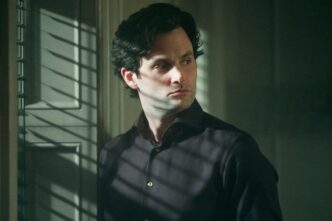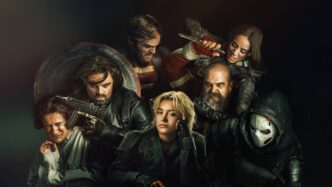In 2019, still not over the catastrophical disappointment that was the final season of Game of Thrones, I cautiously gave The Witcher a chance to rekindle my hopes for fantasy drama. Its debut season, flawed yet promising, showed potential. But by the second and third seasons, that promise started to fade.
Then came 2022 and the arrival of Rings of Power: An adaptation from LoTR set thousands of years before the events of Hobbit and LoTR. It was greeted with much fanfare but ultimately led to another letdown.
Where did these shows stumble?
The colossal success of Game of Thrones, an adaptation from George R.R. Martin’s A Song of Ice and Fire, was book adaptations can only dream of achieving. Starting in 2011,Game of Thrones captivated millions with its intricate plotting, complex characters, and epic scale. Its success spawned numerous attempts to capture the same lightning in a bottle, particularly in the fantasy genre, but most of them to no avail This article explores why series’ like Netflix’s The Witcher and Amazon’s The Rings of Power, along with others, failed to emerge as the next Game of Thrones, despite their high production values and ambitious storytelling.
The Witcher: A Tale of Missed Opportunities
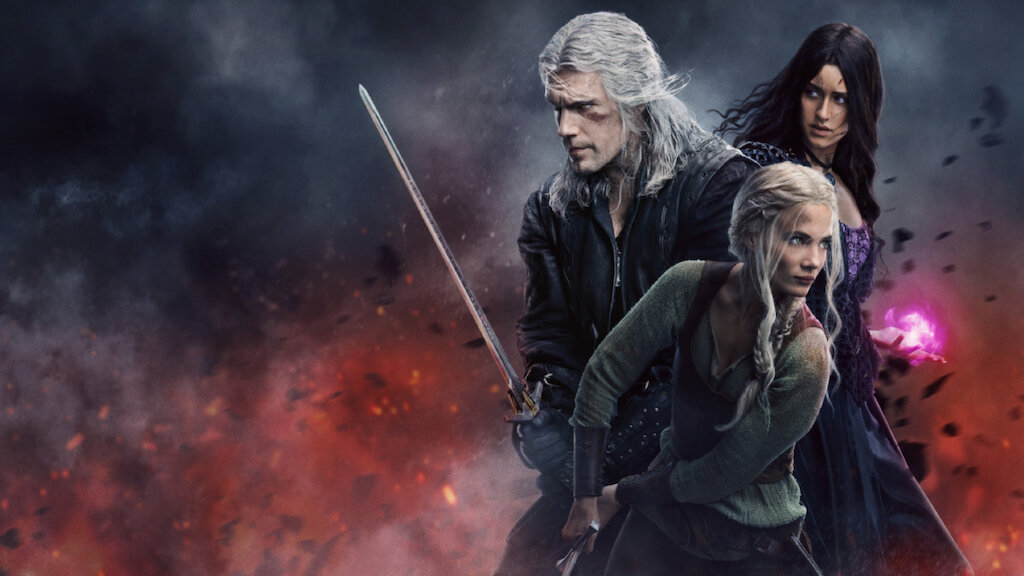
The Witcher premiered on Netflix in December 2019. Backed by the considerable popularity of Andrzej Sapkowski’s novels and the successful video games by CD Projekt Red and the ambitious casting of Henry Cavill as Geralt of Rivia, the series gained immediate credibility and drew significant attention. The first season, though uneven in its execution, presented us with a rich, immersive dark fantasy world.. Cavill’s performance captured the essence of Geralt perfectly, blending gruff exterior with a tender heart.
However, as The Witcher progressed, it diverged increasingly from its source material. The second season, which aired in December 2021, took significant liberties with the storyline and characters. Key plot points were altered or omitted, leading to dissatisfaction among fans who felt the series was losing touch with its roots. For instance, the controversial depiction of Eskel, a beloved character in the books, alienated many viewers. Additionally, significant events like the Battle of Sodden Hill were depicted in ways that felt inconsistent with the original narrative.
The real problems became glaringly apparent in season 2. The adaptation of the short story “A Grain of Truth” was butchered beyond recognition. Instead of faithfully adapting the story, the writers altered it significantly, incorporating Ciri into the plot in a way that felt forced and unnatural and unfortunately, this was just the beginning.
The most egregious misstep was the treatment of the Brokilon Forest arc, a crucial part of Geralt and Ciri’s relationship development. The show turned this deeply meaningful story into a hollow, fan-fiction-like rendition that lacked the emotional depth and significance of the original. By the time season 3 rolled around, it was clear that the writers either did not understand or did not respect the source material at all. The inclusion of a song aimed at critics of the show was a petty and short-sighted move that only served to alienate fans further. Instead of addressing legitimate criticisms, the writers chose to mock their audience, widening the divide between the show’s creators and its fans.
The departure of Henry Cavill, announced in 2022, was a significant blow. Cavill stated creative differences and dissatisfaction with the show’s direction as the reason for his departure emphasizing that there were internal conflicts just as prevalent plaguing the show. The replacement of Cavill with Liam Hemsworth further reinforced the skepticism of fans about the show’s future.
The Rings of Power: Ambition Without Substance
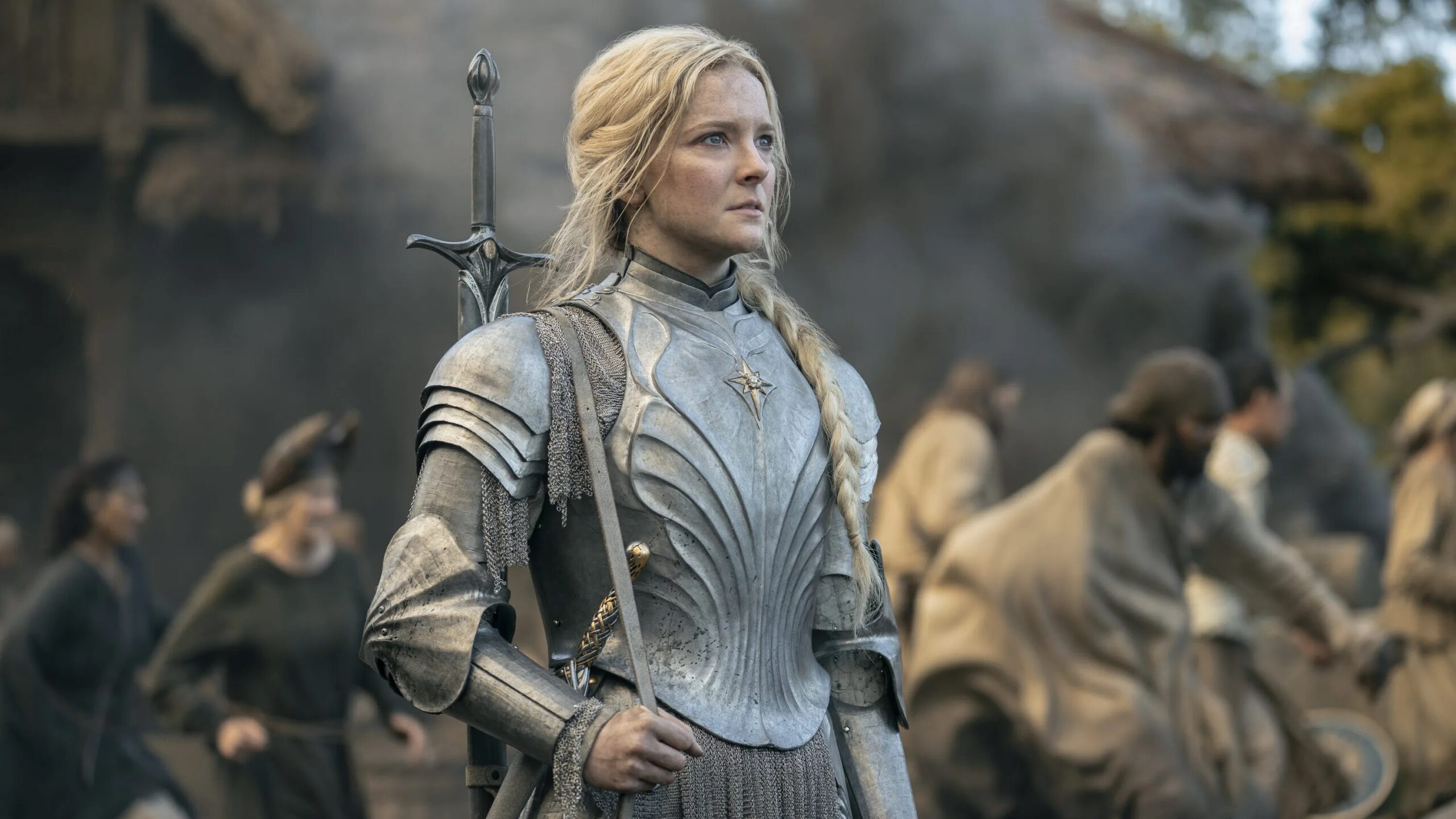
The Rings of Power, Amazon’s ambitious prequel to The Lord of the Rings, premiered in September 2022 with a billion-dollar budget and the promise of expanding the beloved world created by J.R.R. Tolkien. The series aimed to explore the Second Age of Middle-earth, delving into the origins of key events and characters that shape the more familiar tales of Frodo and the One Ring.
Despite its breathtaking landscapes and intricate set designs, The Rings of Power struggled to find its footing from the outset. The series faced the immense challenge of living up to Tolkien’s literary legacy and Peter Jackson’s acclaimed film adaptations.
One of the most glaring issues was the mediocrity of the storytelling. The show wasn’t outright terrible, but it was profoundly underwhelming and bland. It lacked the compelling narrative and memorable characters that make a series truly captivating. Instead, we were left with a series of unremarkable storylines that felt both overly ambitious and somehow simultaneously not. The stakes never felt real, and the characters were hard to care about, making it a chore to stay invested in the plot.
The pacing was another significant problem. The show dragged through its first seven episodes, only to rush through the creation of the Rings of Power in the finale. The Scenes that were supposed to be climactic fell flat due to the lack of buildup.
The mystery elements, such as the identity of Sauron and the stranger’s purpose, were either too obvious or lacked the necessary development to keep the audience intrigued.
As a fan, it was disappointing to see beloved aspects of Tolkien’s world mishandled. For instance, the portrayal of Galadriel felt disconnected from her character’s established lore. The show’s attempt to blend various storylines often led to disjointed narratives that didn’t mesh well together. Even Elrond and Durin’s relationship, which should have been a the potential high points in the show,, fell short because of the lackluster execution.
The Importance of Character Development
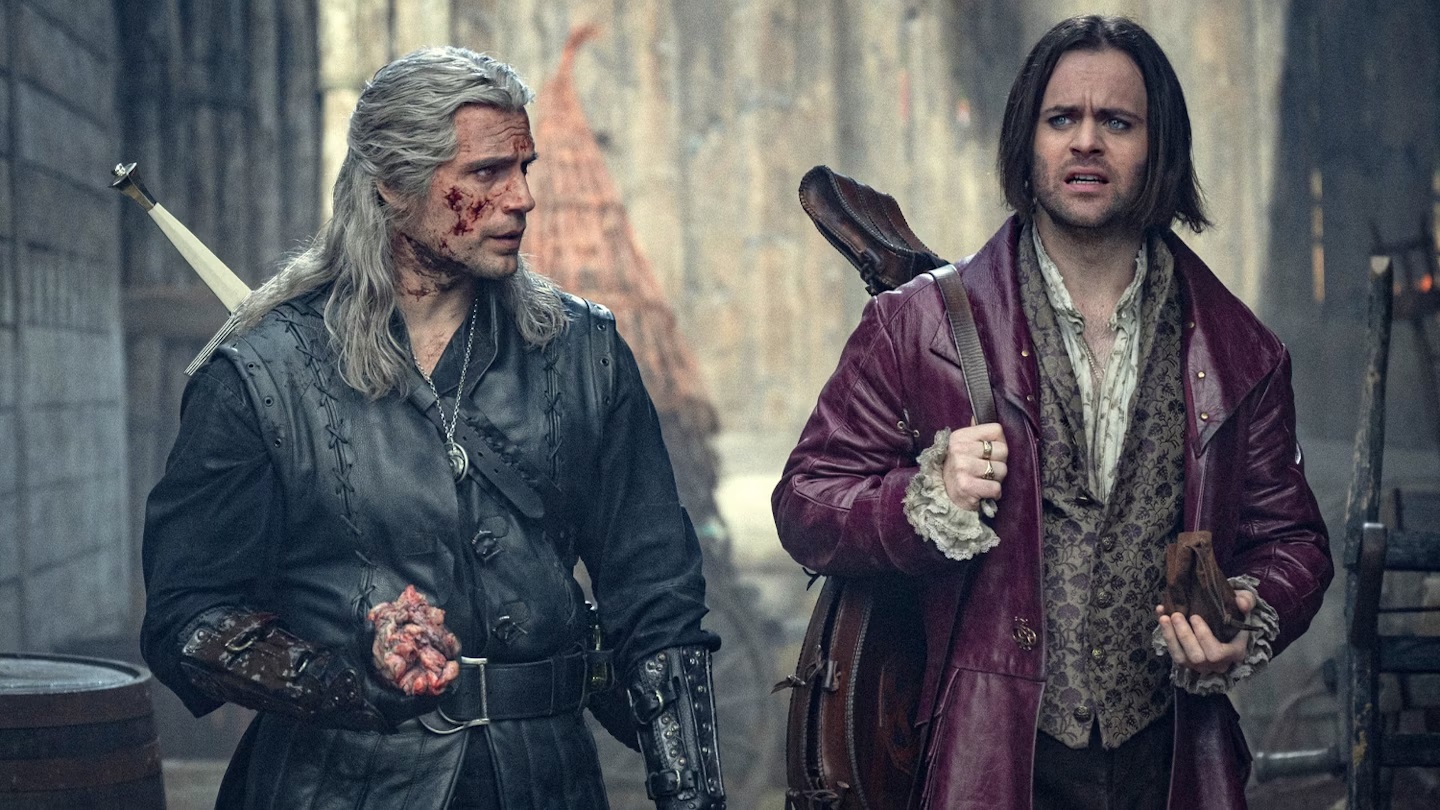
One of the most critical aspects of any successful television series is the development of its characters. Game of Thrones excelled in this area, offering viewers a diverse array of complex characters whose personal journeys were intricately woven into the larger narrative. From the honorable yet doomed Ned Stark to the cunning and resilient Tyrion Lannister, the characters in Game of Thrones were multidimensional and constantly evolving.
In contrast, The Witcher often struggled with character development. While Henry Cavill’s Geralt was a strong and consistent presence, other characters like Yennefer and Ciri experienced inconsistent arcs that strayed from their overall growth.
Yennefer’s transformation from a deformed outcast to a powerful sorceress was compelling in the first season, but her journey in the second season felt disjointed and less impactful. Similarly, Ciri’s development as a central figure in the story was hindered by narrative detours and insufficient focus on her training and growth.
The Rings of Power faced similar issues with its characters. Galadriel’s portrayal was one of the most significant points of contention. While she was depicted as a driven and powerful leader, her emotional depth and motivations were not sufficiently explored.
Balancing Spectacle and Substance
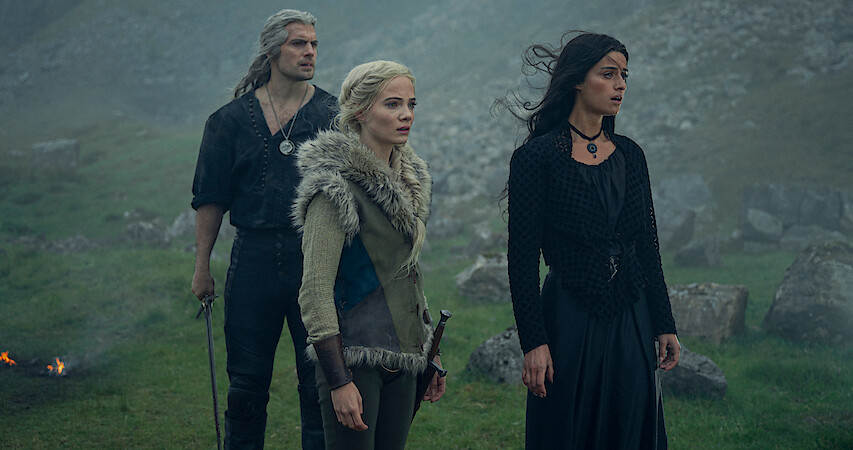
Spectacle plays a significant role in drawing viewers into a fantasy world, but it must be balanced with substantive storytelling to create a lasting impact. Game of Thrones masterfully balanced grand battles and intricate political intrigue with intimate character moments and emotional depth.
The Witcher boasted impressive visual effects and well-choreographed fight scenes, particularly in its depiction of Geralt’s monster hunts and combat sequences. However, the emphasis on action often came at the expense of deeper narrative exploration. While the show delivered on spectacle, it struggled to provide the emotional and thematic weight necessary to sustain viewer engagement over the long term.
The Rings of Power was similarly lauded for its breathtaking visuals and ambitious set pieces. The series spared no expense in creating a visually stunning depiction of Middle-earth, with expansive landscapes and meticulously crafted environments. However, this focus on visual grandeur often overshadowed the narrative, resulting in a show that felt more like a showcase of special effects than a compelling story.
The Role of World-Building
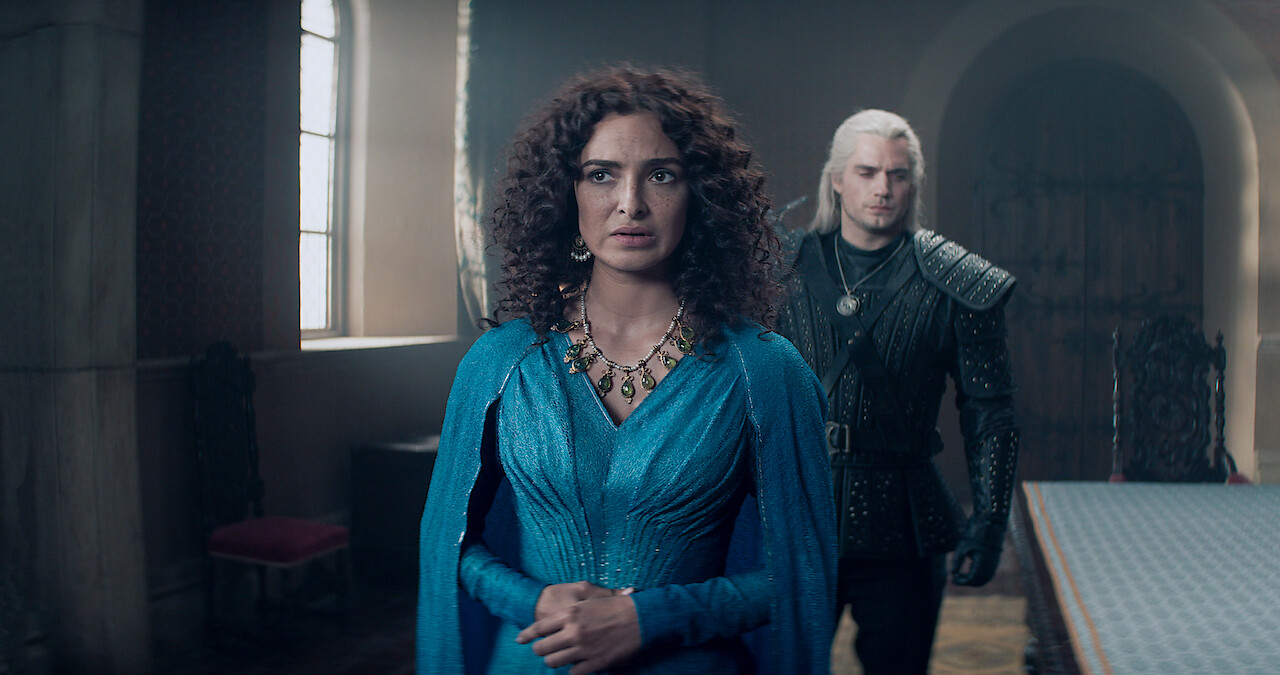
Effective world-building is a cornerstone of any successful fantasy series. Game of Thrones created a richly detailed and immersive world that felt lived-in and real. The political dynamics, cultural nuances, and historical context of Westeros were meticulously crafted, providing a solid foundation for the story.
The Witcher attempted to establish a similar level of world-building utilizing Sapkowski’s richly detailed universe. However, the series often struggled to convey the intricacies of its world in a coherent and engaging manner.
The non-linear storytelling in the first season, while ambitious, left many viewers confused about the chronology and geography of the world. The second season’s attempts to streamline the narrative did little to address these issues.
On the contrary, The Rings of Power had a completely opposite issue. The show tried hard to fit too much lore into its episodes creating an incoherent narrative. The series leaned heavily on exposition to explain the intricate lore, which often overwhelmed viewers unfamiliar with the source material.
The Importance of a Strong Pilot Episode
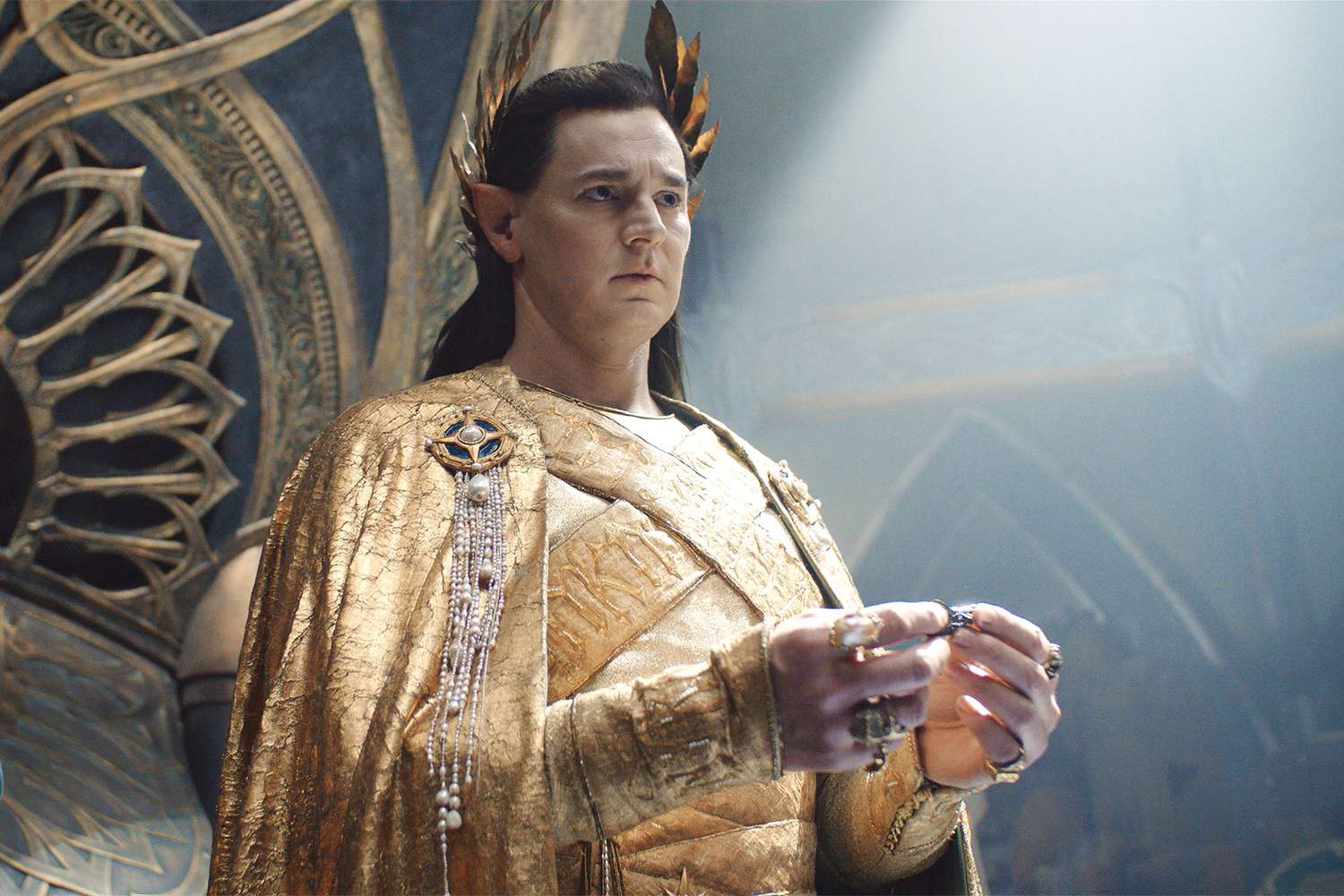
A strong pilot episode is crucial for setting the tone and capturing the audience’s interes which. Game of Thrones did. It introduced the viewers to the central characters and the overarching conflict while hinting at the larger stakes at play.
The Witcher’s pilot struggled to provide a clear entry point for viewers. The episode introduced multiple characters and storylines without adequately explaining their significance or how they connected. While the series eventually found its footing, the confusing start hindered its ability to captivate audiences from the outset.
The Rings of Power began with a heavy reliance on exposition, attempting to condense thousands of years of Tolkien’s complex Middle-Earth history into a few scenes. While this approach provided context for the story, it also overwhelmed viewers with information. The lack of balance between explaining the lore and introducing compelling characters and conflicts made it challenging for audiences to become emotionally invested in the series.
Engaging Conflicts and Character Motivations
Compelling conflicts and clear character motivations are essential for maintaining viewer engagement. The Witcher often relied on external, plot-driven conflicts that felt disconnected from the characters’ personal motivations. Geralt’s monster-hunting quests provided exciting action sequences but lacked the emotional stakes needed to create lasting impact.
The series’ attempts to explore political intrigue and larger conflicts were undermined by inconsistent character development and a fragmented narrative. On the contrary, Game of Thrones excelled in this area, presenting a web of political intrigue, personal vendettas, and moral dilemmas complemented well by well-crafted characters and their motives.
The Rings of Power struggled to present conflicts and character motivations that resonated with viewers. Galadriel’s quest to find Sauron was driven by a personal vendetta, but the emotional stakes were not sufficiently developed.
Emotional Engagement and Resonance
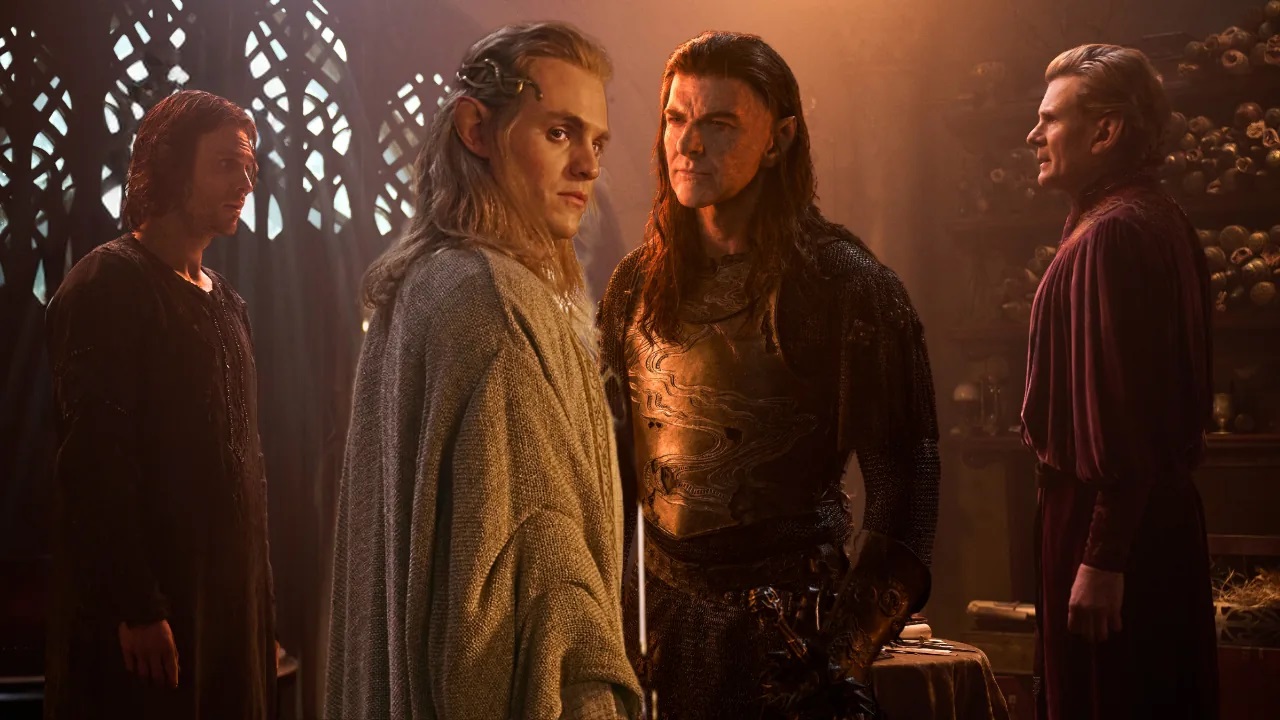
One of the hallmarks of Game of Thrones was its ability to create emotionally resonant moments that left a lasting impact on viewers,from the shocking deaths of beloved characters to the bittersweet triumphs and tragedies.While The Witcher had moments of emotional depth, they were often overshadowed by the series’ focus on action and spectacle. Geralt’s relationship with Yennefer and his growing bond with Ciri had the potential to provide powerful emotional arcs, but inconsistent writing and pacing hindered their development.
The Rings of Power faced similar challenges in creating emotionally resonant moments. The series’ emphasis on lore and world-building often came at the expense of character development and emotional engagement. Key scenes lacked the emotional weight necessary to leave a lasting impression.
Supporting Storylines and Their Effectiveness
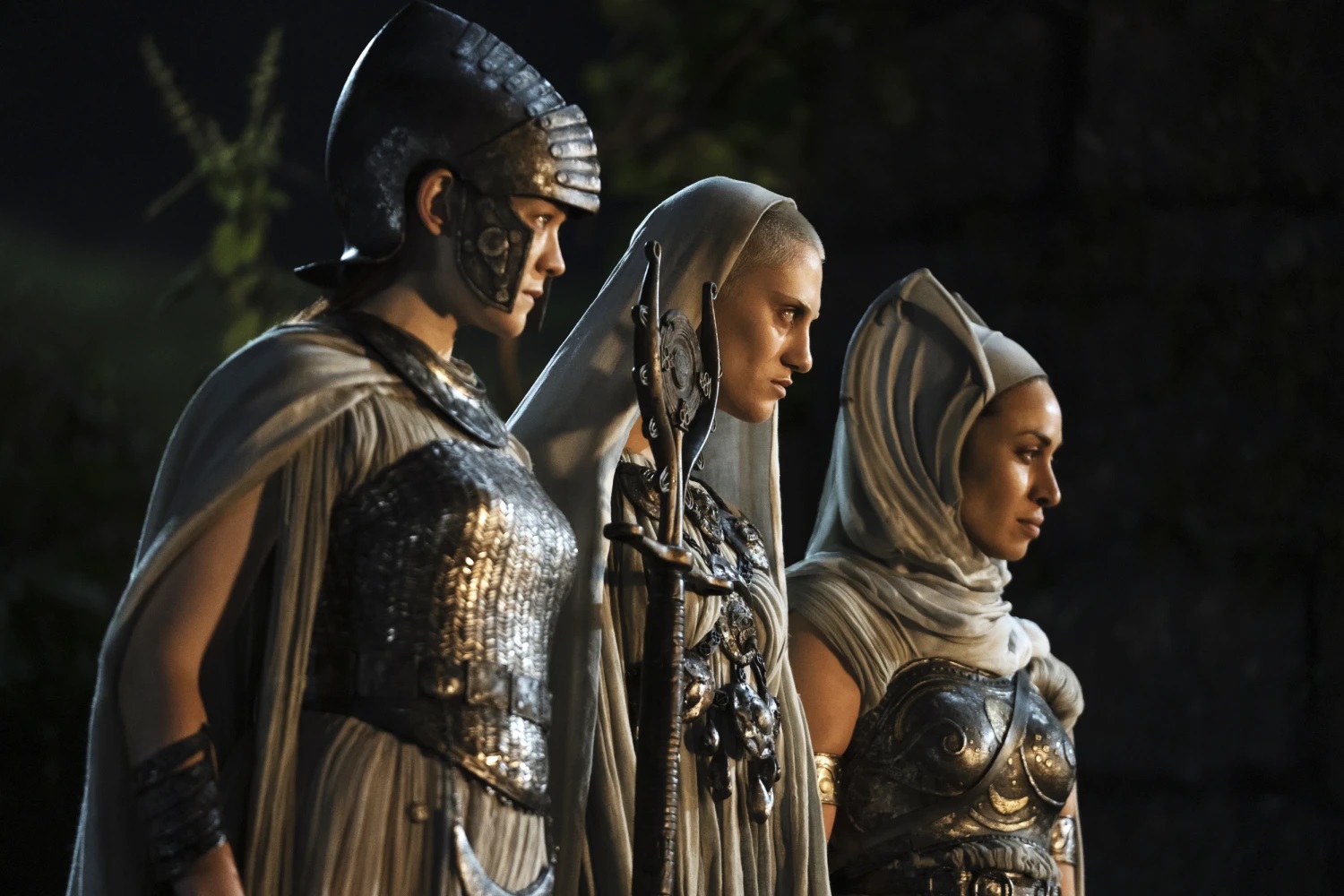
Both The Witcher and The Rings of Power featured multiple supporting storylines, but their effectiveness varied significantly.
The Witcher introduced several supporting characters and subplots, such as the mage Yennefer’s transformation and Ciri’s journey to understand her powers. While these subplots had potential, they were often underdeveloped and poorly integrated into the main narrative.
In fact, one of the major issues with The Witcher was its narrative structure. The first season employed a non-linear timeline that confused many viewers. However, it did eventually coalesce into a coherent whole. The second season,on the other hand, struggled with pacing and narrative cohesion. Characters like Yennefer and Ciri, who had initially shown great promise, were often sidelined or given inconsistent arcs that detracted from their development.
The Rings of Power also struggled with its supporting storylines. The subplot involving the elf soldier and his human lover, for example, felt redundant and disconnected from the main narrative.
Other Notable Failures to Capture the Throne
Marco Polo
Marco Polo, which aired on Netflix from 2014 to 2016, had all the hallmarks of an epic saga. It chronicled the adventures of the famed explorer as he navigated a world of intrigue, betrayal, and political maneuvering. Despite its ambitious premise and lavish production, the series was canceled after just two seasons due to high production costs and reportedly losing Netflix $200 million.
The second season of Marco Polo received critical acclaim and holds a 100% rating on Rotten Tomatoes. However, the show struggled to maintain consistent viewership and never achieved the cultural impact necessary to justify its exorbitant budget. Its ambitious storytelling and high production values were ultimately insufficient to secure its longevity.
Emerald City
Emerald City attempted to merge the whimsical world of The Wizard of Oz with the dark, gritty storytelling of Game of Thrones. Premiering on NBC in 2017, the series sought to reimagine L. Frank Baum’s classic tale through a darker, more adult lens. However, the show’s tonal dissonance proved its undoing.
Caught between the fantastical elements of children’s entertainment and the mature themes of adult fantasy, Emerald City failed to balance the disparate narrative styles and couldn’t connect with either audience. The show’s inability to find a coherent voice ultimately led to its demise.
Black Sails
Black Sails, a prequel to Treasure Island, promised a blend of political d complexities and adventure. Airing on Starz from 2014 to 2017, the series initially struggled with slow pacing and underdeveloped characters. However, it gradually found its footing, improving significantly over its four-season run.
Despite its dedicated fanbase and impressive visual appeal, Black Sails never achieved the mainstream success of Game of Thrones. The show’s early narrative missteps and gradual improvement could be the reason it couldn’t secure a lasting cultural impact.
True Detective
HBO’s True Detective debuted in 2014 to widespread acclaim, with its star-studded first season featuring standout performances by Matthew McConaughey and Woody Harrelson. The anthology series’ dark, philosophical narrative and exploration of complex themes drew comparisons to Game of Thrones.
However, subsequent seasons failed to replicate the success of the first. The second season, in particular, was criticized for its convoluted plot and lackluster character development. While the third season marked an improvement, the series never recaptured the critical and popular acclaim of its initial outing.
Westworld
Westworld, another HBO series, started with immense promise. Its first season, which aired in 2016, featured a complex, multilayered narrative that invited deep analysis and discussion. The show’s exploration of artificial intelligence and consciousness, combined with its high production values and stellar cast, positioned it as a potential successor to Game of Thrones.
However, as Westworld progressed, its intricate plot became increasingly convoluted. The third season, in particular, simplified the narrative but lost much of the complexity that initially captivated viewers. Despite a partial return to form in the fourth season, the show struggled with uneven pacing and a sense of narrative fatigue. The cancellation of Westworld after its fourth season left many fans feeling that it had never fully realized its potential.
Watchmen
HBO’s Watchmen, which aired in 2019, managed to create a compelling narrative that expanded on the original comic’s themes and characters. Showrunner Damon Lindelof crafted a series that felt both timely and relevant, addressing contemporary issues through the lens of a beloved fictional world.
Despite its critical success and innovative storytelling, Watchmen was conceived as a limited series and did not continue beyond its initial nine episodes. While it left a significant impact, its brief run prevented it from establishing the long-term cultural presence of Game of Thrones.
The Wheel of Time
Amazon’s The Wheel of Time, based on Robert Jordan’s expansive book series, had the potential to become a significant player in the fantasy genre. Premiering in November 2021, the series aimed to bring Jordan’s richly detailed world to life. However, pacing issues and an inability to fully capture the depth and complexity of the source material left it struggling to make a significant impact.
The series’ ambitious scope and narrative challenges highlighted the difficulties in adapting such a vast and intricate fantasy world for television.
House of the Dragon
House of the Dragon, the prequel to Game of Thrones, premiered in August 2022 and has managed to recapture some of the magic that made its predecessor a cultural phenomenon. Set nearly 200 years before the events of Game of Thrones, the series focuses on the Targaryen dynasty and the political intrigue surrounding the Iron Throne.
The first season of House of the Dragon introduced new characters and complex political dynamics, drawing viewers into its world. The series’ ability to balance high-stakes drama with character-driven storytelling has been key to its initial success. However, it remains to be seen whether House of the Dragon can sustain this momentum and achieve the same level of cultural significance as Game of Thrones.
Conclusion: Lessons from the Throne
The quest to find the next Game of Thrones has proven challenging for many series. Shows like The Witcher and The Rings of Power have demonstrated that high production values and established fanbases are not enough to guarantee success. The key lies in compelling storytelling, consistent character development, and the ability to balance spectacle with substance.
The Witcher faltered by straying too far from its source material and failing to create a cohesive narrative. The Rings of Power struggled with its heavy reliance on lore and exposition, resulting in a fragmented and disengaging story. Both series serve as cautionary tales of the pitfalls that can arise when ambition is not matched by execution.
Game of Thrones proves the power of storytelling. Its success was not merely a product of its epic battles and intricate world-building but also of its deeply flawed, richly developed characters and the emotional resonance of their journeys. Future fantasy series aspiring to reach these heights must remember that at the heart of every great fantasy is a compelling human story.
Fantasy series should thus focus on relatable human conflicts, clear character motivations, and emotionally engaging narratives to create a lasting impact. House of the Dragon, with its promising start, offers a glimmer of hope that the next great fantasy saga is not far off. However, only time will tell whether it would be able to effectively balance its grand ambitions with the essential elements of compelling storytelling and truly stand the test of time.
